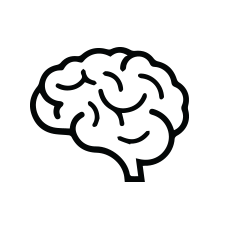
UF has joined the Center for the Integration of Research, Teaching, and Learning (CIRTL) network as a partner institution. The CIRTL network was founded in 2003 to help develop faculty committed to implementing and advancing evidence-based teaching practices that benefit diverse learners, especially in STEM. Program participants may earn three levels of CIRTL certification: Associate, Practitioner, and Scholar. View details on the program and learning outcomes.
Getting Started
- Register for one of the CIRTL Passport to Great Teaching Certificates.
- Register for CIRTL events through the CIRTL events webpage.
- Subscribe to the CIRTL newsletter.
CIRTL Associate Certificate

2.
Complete one of several core activity options. You can apply to the Preparing Future Faculty program as your core activity or view all of the core options in the CIRTL Associate certificate drop-down.

3.
Complete one of several elective activity options in the Teaching as Research category listed in the Passport Portal.

4.
Complete one of several elective activity options in the Diversity, Equity, and Inclusion category listed in the Passport Portal.

5.
Complete one of several elective activity options in the Evidence-Based Teaching category listed in the Passport Portal.
CIRTL Practitioner Certificate

4
During semester 1, through monthly workshops and one-on-one mentoring, plan your teaching-as-research project.

5
During semester 2, participate in your teaching-as-research learning community and implement your teaching-as-research project.

6
By the end of semester 2, analyze, write up, and share the results of your teaching-as-research project.
*To complete the CIRTL Scholar certificate, you may publish or present your findings to a regional, national, or international audience.
Events and Resources
- Ongoing Professional Development
- Cross-Network Courses
- Workshops
- Drop-in Events
- Resources > Collections & Topics


